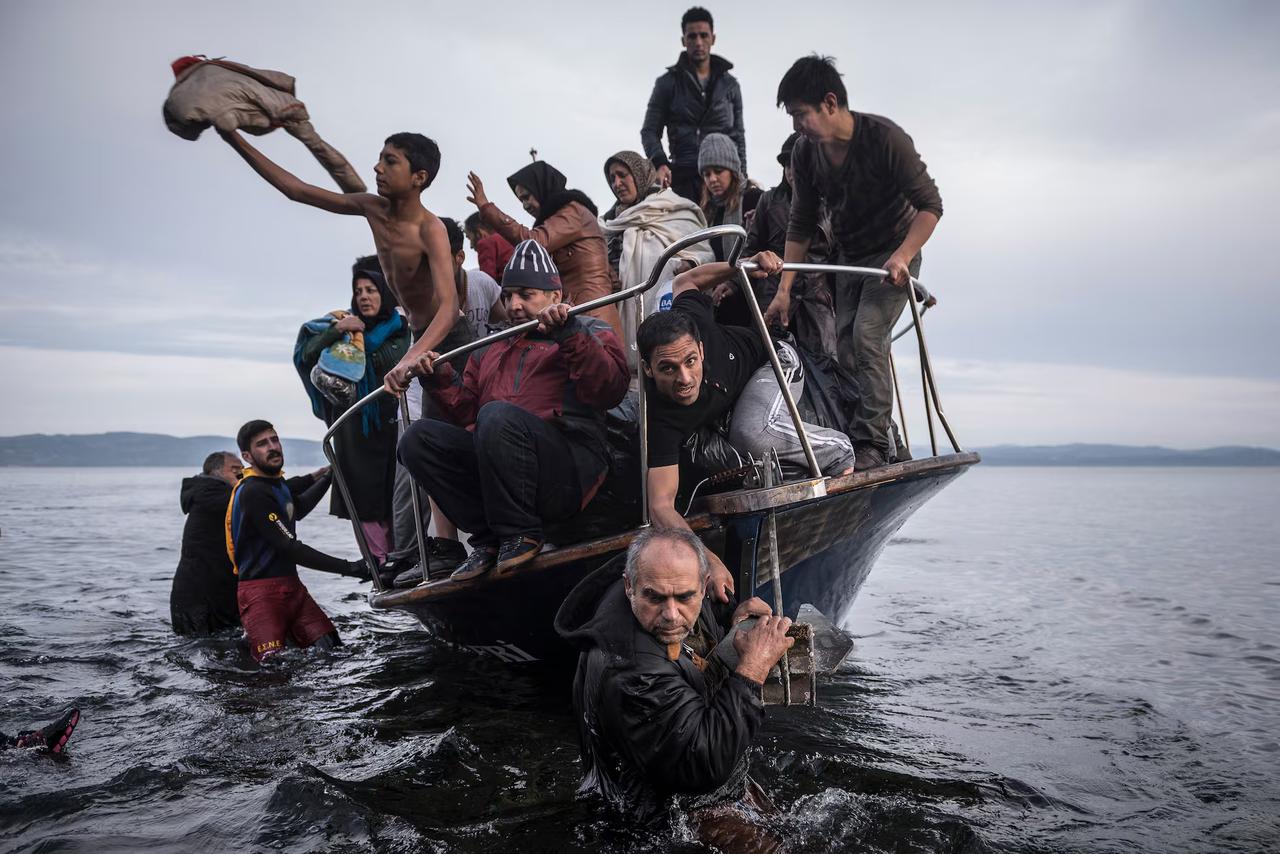
Once a continent that proudly upheld open borders and humanitarian asylum, Europe now contends with a rising tide of anti-immigration politics.
In Germany, Poland, the Netherlands, and Northern Ireland, far-right rhetoric has moved from the margins into mainstream discourse. This shift has reshaped national policies, toppled governments, and triggered unrest on the streets.
Although these developments may appear to respond to rising migration pressures, the reality is more complex. Far-right parties have deliberately manufactured a climate of fear to divert attention from worsening inequality, austerity and political dysfunction. In response, mainstream politicians have adopted the same rhetoric to preserve their hold on power.
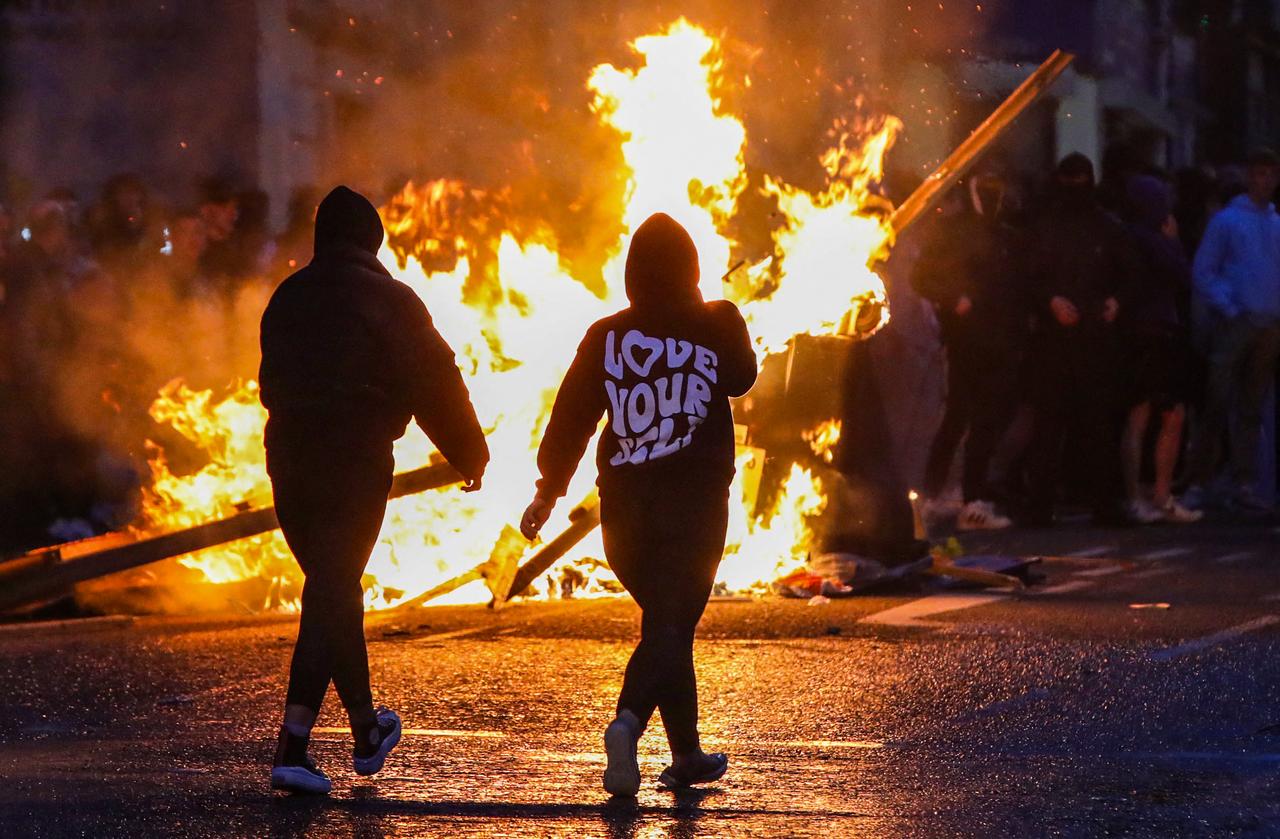
EU foreign policy chief Josep Borrell once described Europe as a "garden" surrounded by a global "jungle." The metaphor has drawn criticism for reinforcing colonial-era hierarchies, portraying Europe as orderly and civilised while casting the rest of the world as unruly and dangerous.
Such language dehumanises migrants and obscures the historical role European powers played in shaping the political and economic conditions that drive displacement today. It also reinforces a binary worldview that has long enabled the marginalisation of minority communities within Europe, many of whom only recently gained full legal recognition and social inclusion.
According to the Carnegie Endowment, the EU has pursued securitization and externalization, outsourcing border control to authoritarian governments in neighboring regions. Instead of addressing the causes of displacement, these strategies treat human mobility as a security problem.
This policy shift does not reflect actual migration levels. In the first seven months of 2024, the EU recorded approximately 113,400 irregular arrivals, less than 10% of the 2015 peak of more than 1.3 million and a 36% decrease compared to the same period in the previous year, according to The Guardian. Nevertheless, multiple governments reinstated border checks, curtailed asylum procedures, and reduced refugee support.
Marcus Engler of the German Centre for Integration and Migration Research called these measures "hyperactive," driven more by electoral calculus than practical effect, as reported by the Guardian.
The European Commission reinforced this approach in March 2025 when it announced a new deportation plan. The proposal included offshore return hubs and a Europe-wide return order. Commissioner Magnus Brunner, referring to rejected asylum seekers who remained in the EU, stated, "Our societies cannot and will not tolerate this." His remark exemplifies how policymakers seek to project strength rather than engage with the complex realities of migration.
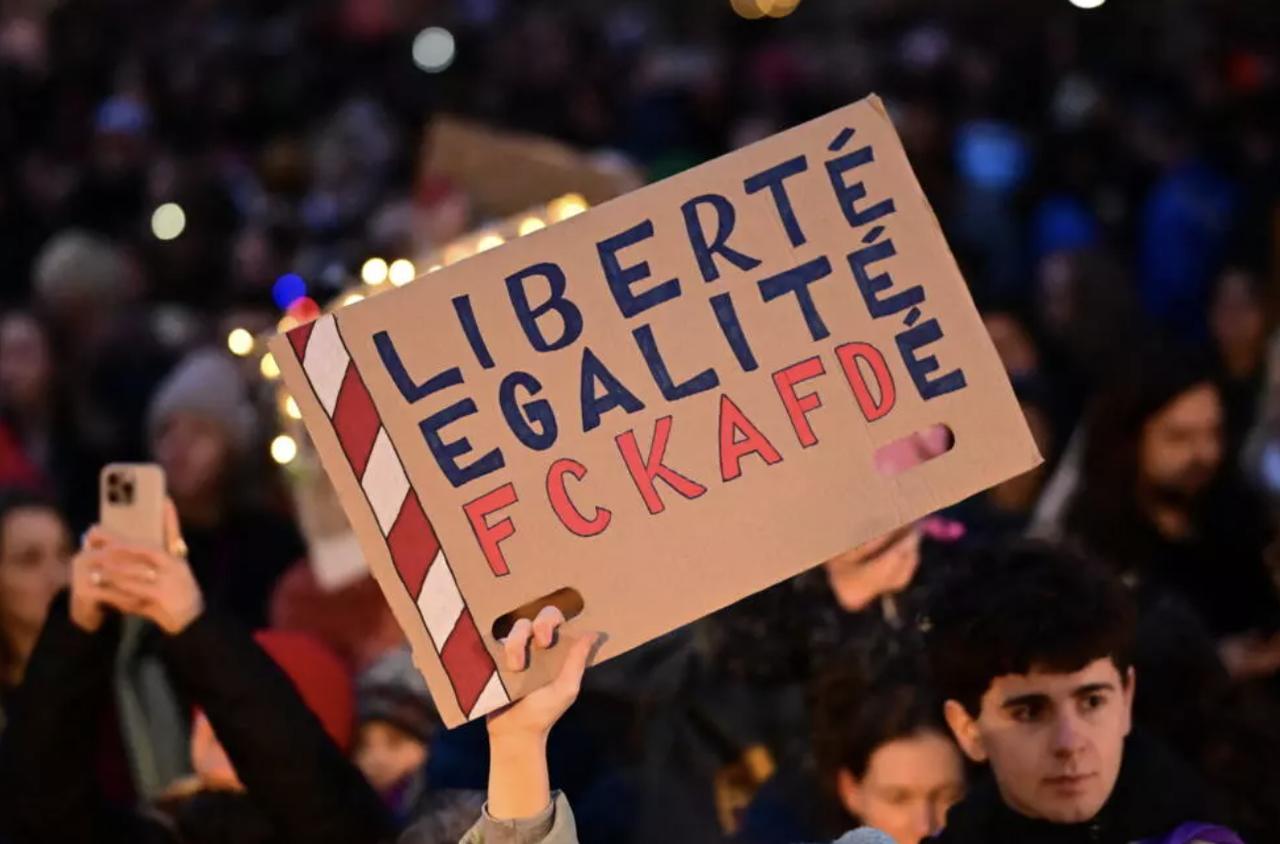
Germany experienced a major political shift in February 2025. Conservative leader Friedrich Merz broke with precedent by collaborating with the far-right Alternative für Deutschland (AfD). Together, they introduced a draft immigration bill that aimed to restrict family reunification and increase border rejections.
This alliance challenged a long-standing commitment among mainstream parties to isolate the AfD. Over 160,000 people protested in Berlin, holding signs that declared, "We are the firewall, no cooperation with the AfD."
Merz's proposal failed to pass after members of his own party refused to support it. The backlash damaged his credibility. Meanwhile, Chancellor Olaf Scholz's coalition had already expanded deportations and reinstated land border checks.
These actions came after a series of violent incidents involving asylum seekers. Critics saw the government’s response as politically driven rather than grounded in public safety concerns.
These moves have not only strained Germany's asylum system but also threatened the legal foundations of the Schengen agreement.
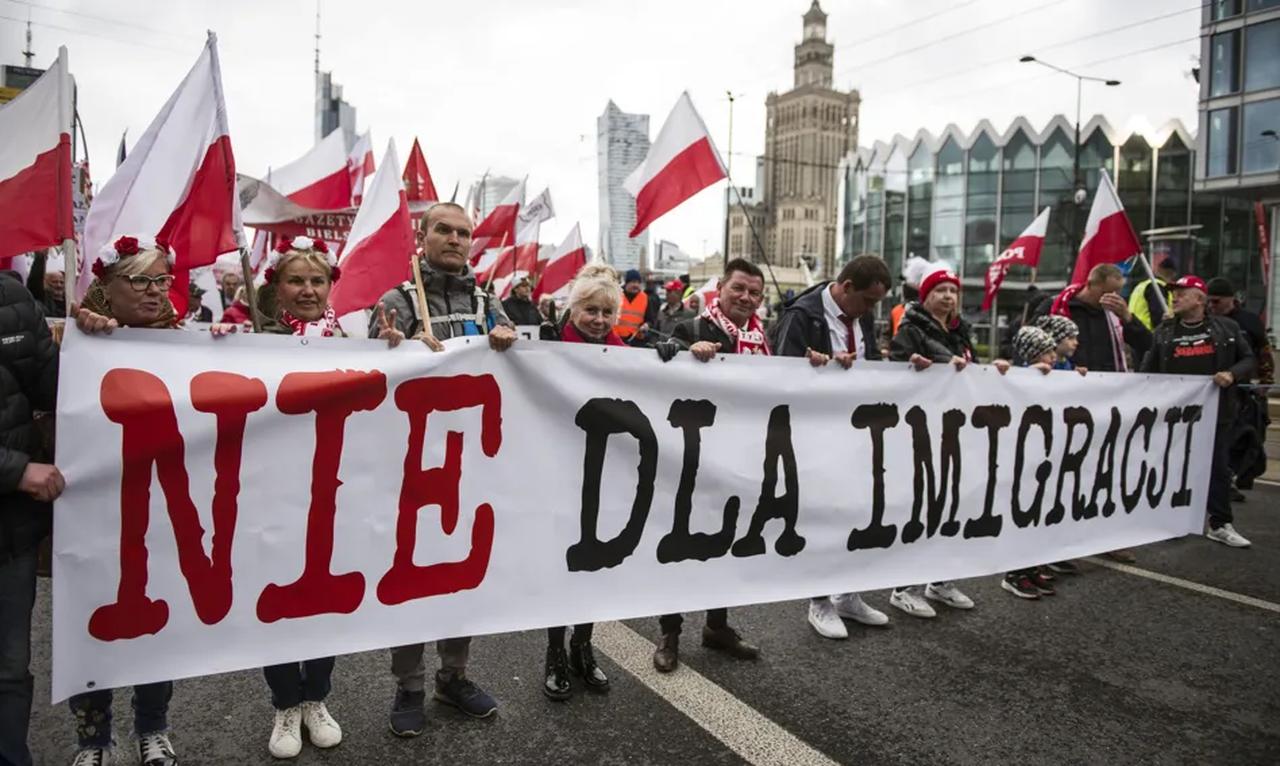
Poland once received international praise for welcoming millions of Ukrainians following Russia’s 2022 invasion. Volunteers offered housing, food, and transport in a widespread expression of solidarity. That atmosphere has since shifted.
In May 2025, as the presidential election approached, far-right groups reframed the migration debate through fear. The leader of the Independence March Association, Robert Bakiewicz, organized an anti-immigration rally in Warsaw.
"We are marching to fight for a free, independent, sovereign Poland without a massive immigration, without imposing us here migrants who are culturally alien, without imposing us islam, without sharia zones, without rapes on women, without attacks in public schools on our children," he told Euronews.
Protesters opposed integration centers and handed a petition to the Prime Minister’s Office demanding tighter border control. The event's rhetoric invoked Islamophobia and conspiracy claims about cultural invasion.
With nearly 2 million Ukrainians still living in Poland, several candidates began arguing that continued support had become too costly. This shift redirected frustrations away from state policy and toward migrants themselves, turning humanitarian narratives into tools of exclusion.
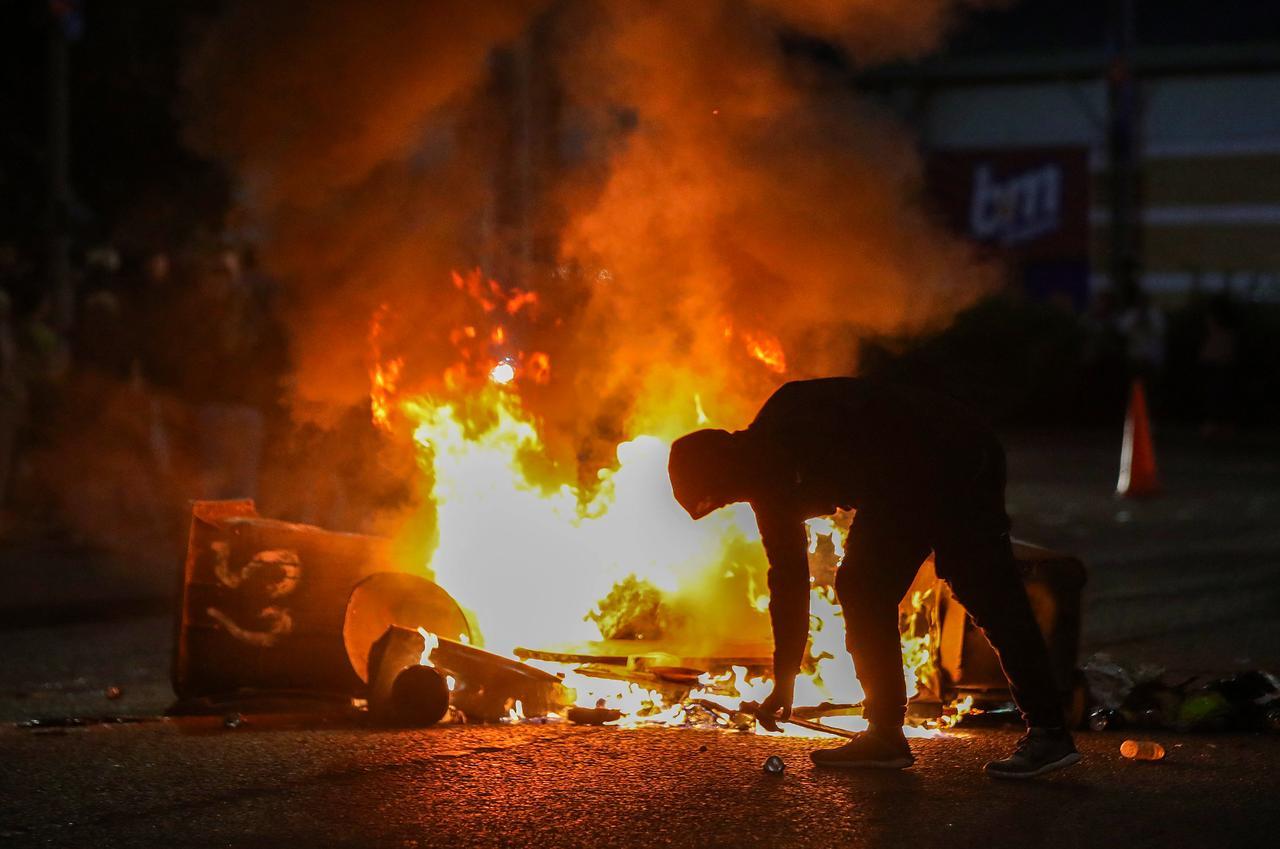
In June 2025, Northern Ireland faced a wave of anti-immigration violence following the arrest of two Romanian teenagers accused of sexual assault. Despite the suspects denying the charges, far-right groups used the incident to mobilize public anger. A peaceful protest in Ballymena quickly escalated into multiple nights of rioting.
Masked demonstrators attacked police, set fire to buildings, and vandalized homes belonging to immigrants. Al Jazeera interviewed resident Mika Kolev, who said, "This is my house, I pay rent. My daughter was born here." After her home was damaged, she considered leaving the country.
The Committee on the Administration of Justice (CAJ) linked the unrest to loyalist areas with active far-right organizing. Director Daniel Holder described a repeated pattern, where violence occurred in places not marked by high immigration or poverty, but by targeted mobilisation.
Despite strong condemnations from Justice Minister Naomi Long and First Minister Michelle O'Neill, some DUP politicians continued to frame Ballymena as a "dumping ground" for asylum-seekers, reinforcing the narrative that had helped incite the unrest.
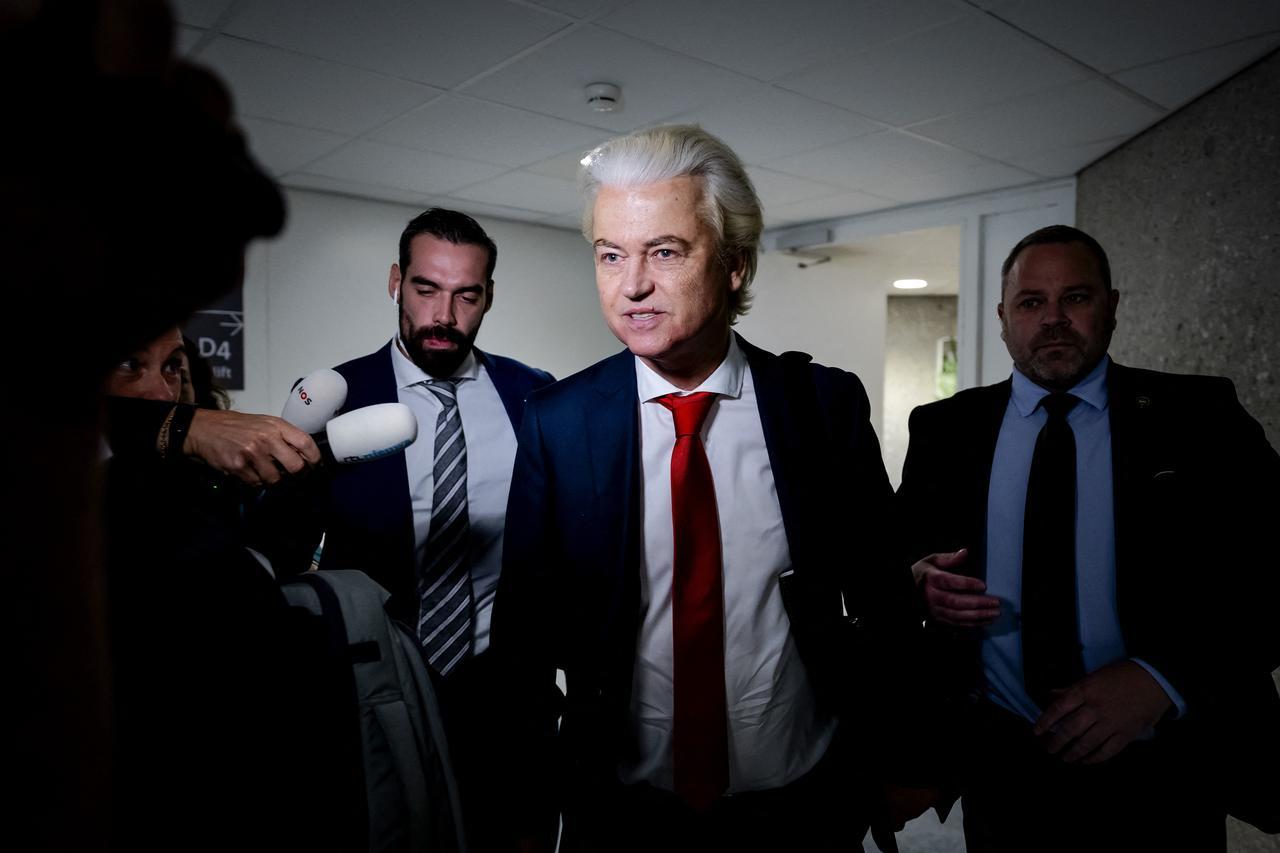
In early June, Dutch politics entered a state of upheaval. Geert Wilders, leader of the far-right Freedom Party (PVV), withdrew from the ruling coalition, accusing Prime Minister Dick Schoof of failing to deliver on immigration restrictions. Schoof resigned soon after, leaving a caretaker government in place.
In the days that followed, civilians began organizing unauthorized border checks near the German border. Dressed in high-visibility vests, individuals stopped cars and claimed to be monitoring for asylum seekers. Following that, Dutch police intervened and issued warnings about public safety.
Similar incidents recently occurred in Ter Apel, where groups pulled over vehicles for inspection. Justice Minister David van Weel warned the public to cease such actions, calling them dangerous and unlawful. Although the groups dispersed when confronted, their actions reflected how far-right messaging had emboldened vigilantism and challenged the authority of state institutions.
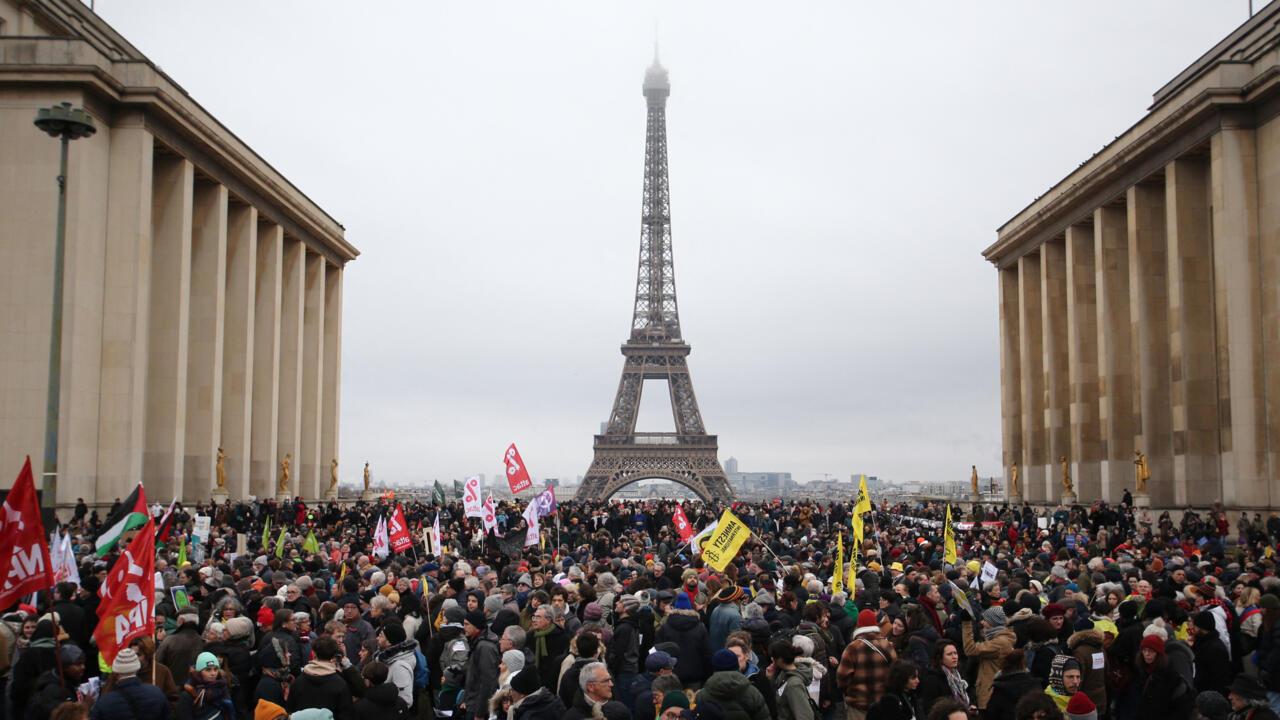
Despite the heated rhetoric, the countries mentioned above do not face overwhelming migration flows. In Northern Ireland, where much of the recent violence occurred, only 3.4% of the population identifies as part of a minority ethnic group, compared with 18.3% in England and Wales and 12.9% in Scotland.
Sociologist Ruth McAreavey told Al Jazeera that Northern Ireland had actually become more welcoming in recent years. However, she noted that rapid demographic change, coupled with economic insecurity, created fertile ground for public fear. Daniel Holder of CAJ added that far-right groups exploited these fears through misinformation, diverting attention from real policy failures.
Meanwhile, the EU’s approach has prioritized deterrence over development. The Carnegie Endowment documented how billions in EU funds have gone toward surveillance systems, detention infrastructure, and partnerships with authoritarian governments. These investments have created a border-industrial complex that benefits private contractors but fails to reduce migration or uphold human rights.
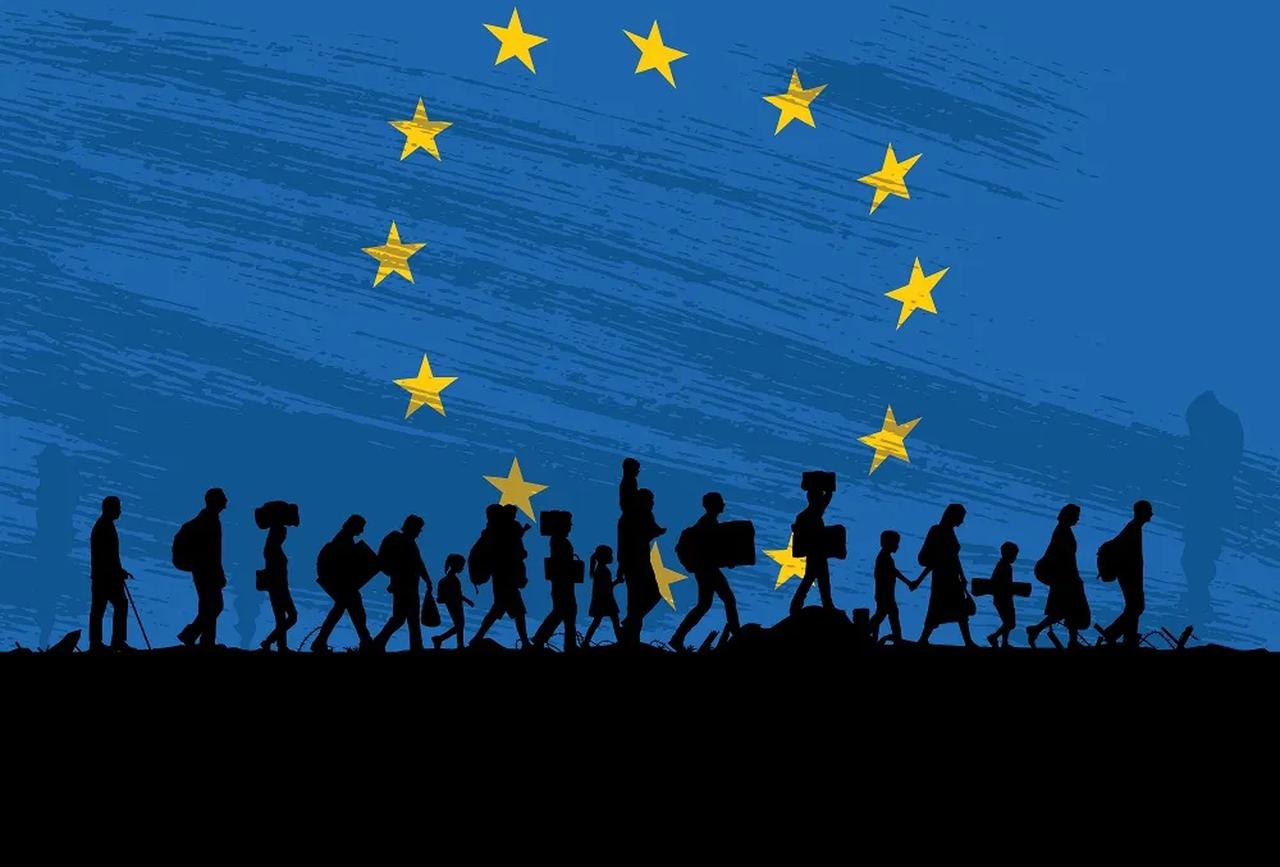
Ultimately, Europe does not face a migration crisis. It faces a crisis of governance. As far-right parties gain power, centrist leaders increasingly adopt their language and priorities. This pattern does not prevent extremism; it amplifies and legitimizes it.
The protest in Berlin, the riots in Ballymena, and the vigilante patrols in Groningen all reflect a political culture in which fear has eclipsed reason. If this continues, Europe risks abandoning its foundational commitments to human rights and democratic accountability.
Far-right politics thrives on crises. To push back, political leaders need to stop mirroring this agenda and instead confront the root causes of public discontent. Restoring trust in institutions, investing in equity, and speaking truthfully about migration are essential steps. Without them, the erosion of democratic norms will only accelerate.